Since his childhood, Randy Malmstrom has had a passion for aviation history and historic military aircraft in particular. He has a particular penchant for documenting specific airframes with a highly detailed series of walk-around images and an in-depth exploration of their history, which have proved to be popular with many of those who have seen them, and we thought our readers would be equally fascinated too. If Randy’s last name seems familiar, it is because the U.S. Air Force’s present-day Malmstrom AFB, near Great Falls, Montana is named in honor of his cousin, Col Einar Axel Malmstrom. Col Malmstrom commanded the 356th Fighter Group during WWII, flying P-47 Thunderbolts, the first of Randy’s articles featured an example of the type, P-47D 45-49406 (N7159Z) at the Flying Heritage & Combat Armor Museum in Everett, Washington.
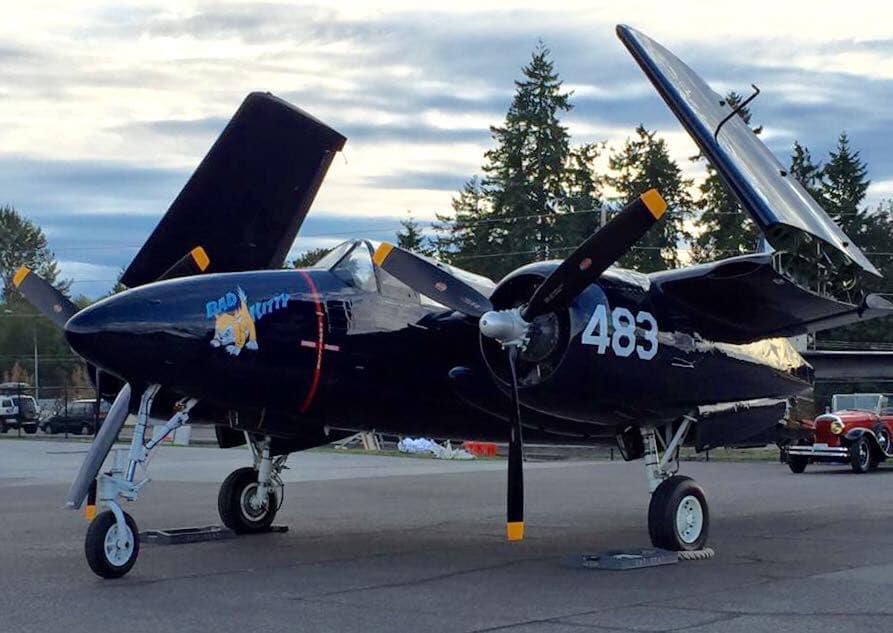
This installment of Randy Malmstrom’s aircraft profiles takes a look at the Grumman F7F Tigercat. On January 2, 1930, Grumman Aircraft Engineering Aircraft Corporation was founded by Leroy (“Roy”) Grumman three of his friends, Leon (“Jake”) Swirbul, William Schwendler, and Edmund Ward Pool, when they left Loening Aeronautical Engineering Corporation. First located in Baldwin, New York, the plant was moved to Valley Stream and Farmingdale before moving to Bethpage, New York in 1937. Initially nicknamed the “Tomcat” (but considered too suggestive), what became the “Tigercat” was designed as a carrier-based aircraft for the larger U.S. Navy Midway-class carriers.
Detail design began in 1941 but was delayed by including an “unsatisfactory” tailhook design and poor directional stability with only one engine operational, but the biggest delays came from the Navy asking Grumman to give priority to the development and production of the Hellcat. The Tigercat was powered by a pair of Pratt & Whitney R-2800-34W Double Wasp radial engines and was fitted with four M2 cannons (two in each wing root) and four 0.50 cal. M2 Browning machine guns in the nose. It had a max payload of 2,000 lbs. and could be configured to as a single or two-seater.
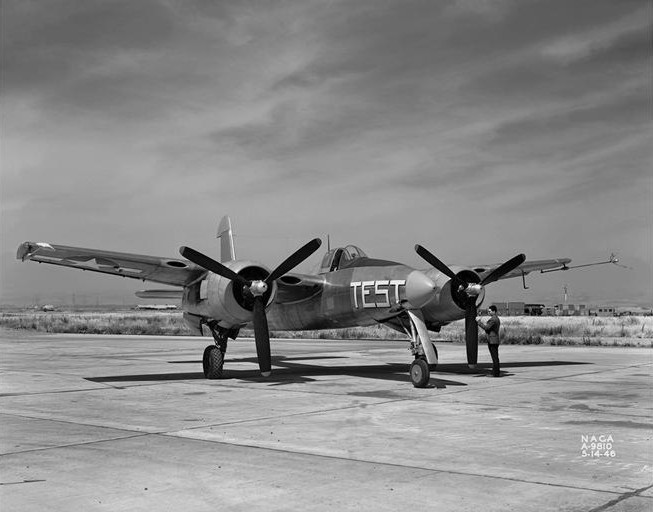
The story of the Tigercat in World War II is a case of so close, yet so far. The first squadron to receive the F7F-2N was Marine Night Fighter Squadron Five three One (VMF(N)-531) Grey Ghosts, which embarked aboard USS Attu (CVE-102) on July 24, 1945. As the ship neared Guam, the atomic bomb was dropped on Hiroshima on August 6. After unloading in Guam, the squadron arrived on Okinawa on September 1, the day before the Japanese signed the “Japanese Instrument of Surrender the following day. The same fate befell Marine Photographic Squadrons Two Five Four (VMD-254) and Three Five Four (VMD-354), both of which operated the F7F-3P. The combat debut of the Tigercat would have to wait five years just across the Sea of Japan. During Korea, VMF(N)-542 Tigers and -513 Flying Nightmares flew night interdiction and close air support sorties with the latter squadron shooting down a pair of Po-2 biplanes on night harassment raids. Combat operations for the Tigercat ended in April 1952, when the Flying Nightmares flew it final combat sortie, although a number of F7F-3N/-4N/-3Ps continued to fly in non-combat roles until the end of the war.
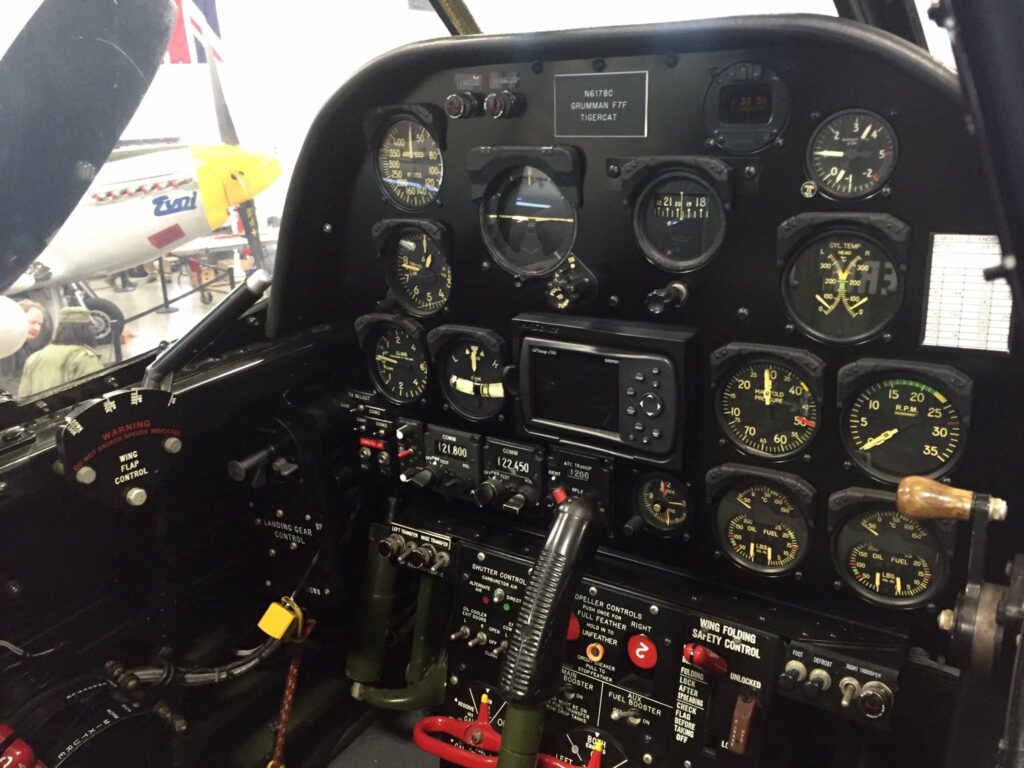
While 1,500 Tigercats were commissioned, fewer than 500 were delivered, and, to my knowledge, only eight remain airworthy. This particular F7F-3P, BuNo 80483, was delivered to the U.S. Navy on July 24, 1945 and was assigned to NAS San Diego. After 46 hours of non-combat flying time, it was relegated to the boneyard at NAS Litchfield Park, Arizona but became one of less than twenty Tigercats eventually rescued from Litchfield. This example flew for SIS Q Flying Services out of Santa Rosa, California. In 1962, SIS Q Flying Services of Santa Rosa, California won a National Forest Service contract to provide airborne forest fighting services in California and Oregon and acquired a number of Tigercats, including 80483, and outfitted them for aerial fire fighting operations. Registered as N6178C, this aircraft flew over 1,300 hours with SIS Q Flying Services before eventually being sold.
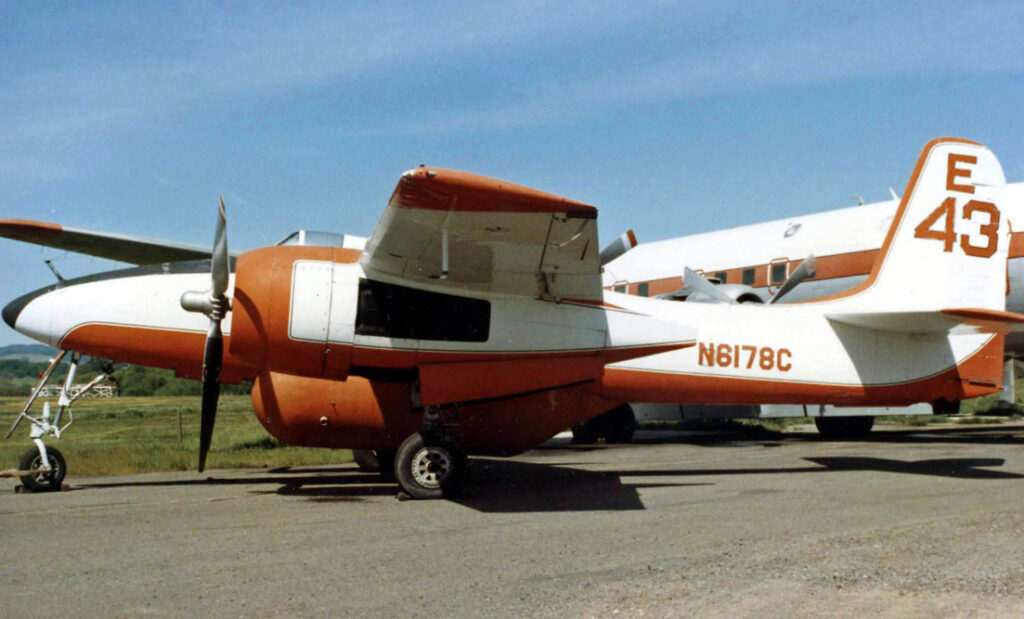
In November 1988, it was shipped to Duxford, U.K., and for a time was painted as a Tigercat of U.S. Marine Corps VMF(N)-542. It was then acquired by a John Sessions entity in 2003 for the Historic Flight Foundation which is now shuttered but was previously located in Spokane, Washington. In 2016, it was sold to Comanche Maverick Air, L.L.C., a Houston, Texas-based entity, owned by Dan Friedkin. It is currently painted as an F7F-3P with tail code “MW” of U.S. Marine Corps VMJ-1, and in the name of a former Tigercat pilot, aeronautical engineer and author Lieutenant Commander A.M. “Mike” Granat, United States Navy (Ret.), Lt Commander Granat flew over 30 aircraft, including the Tigercat.
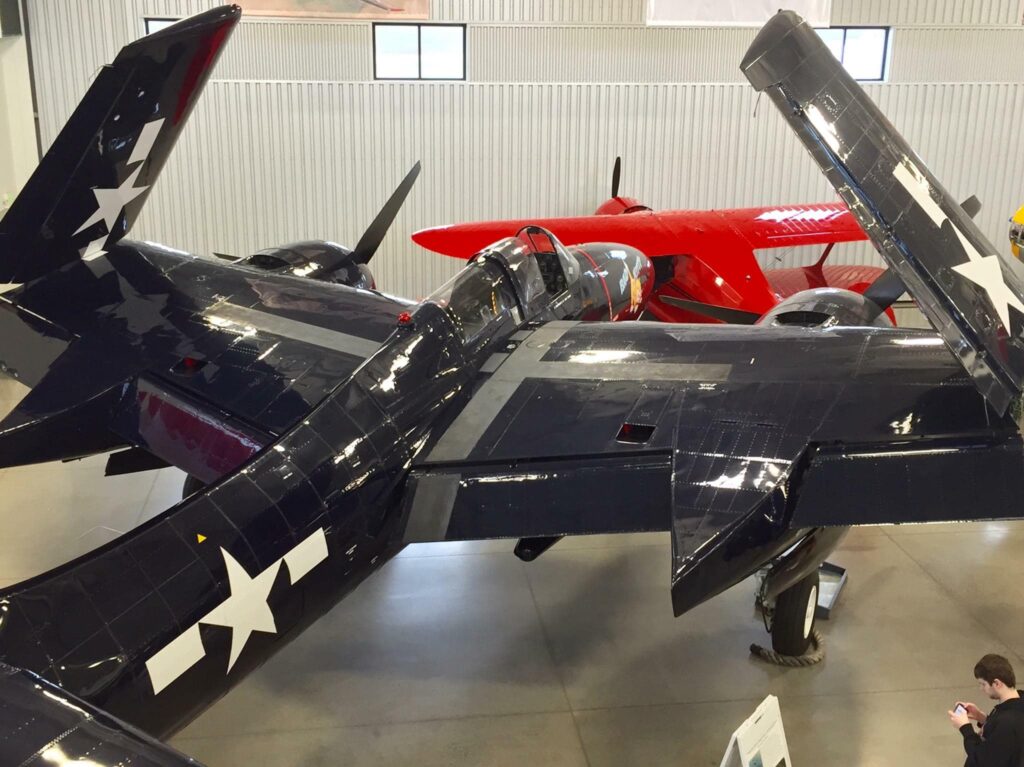
About Randy Malmstrom
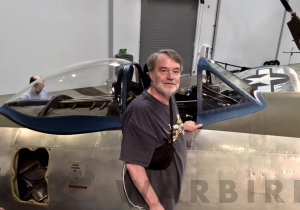







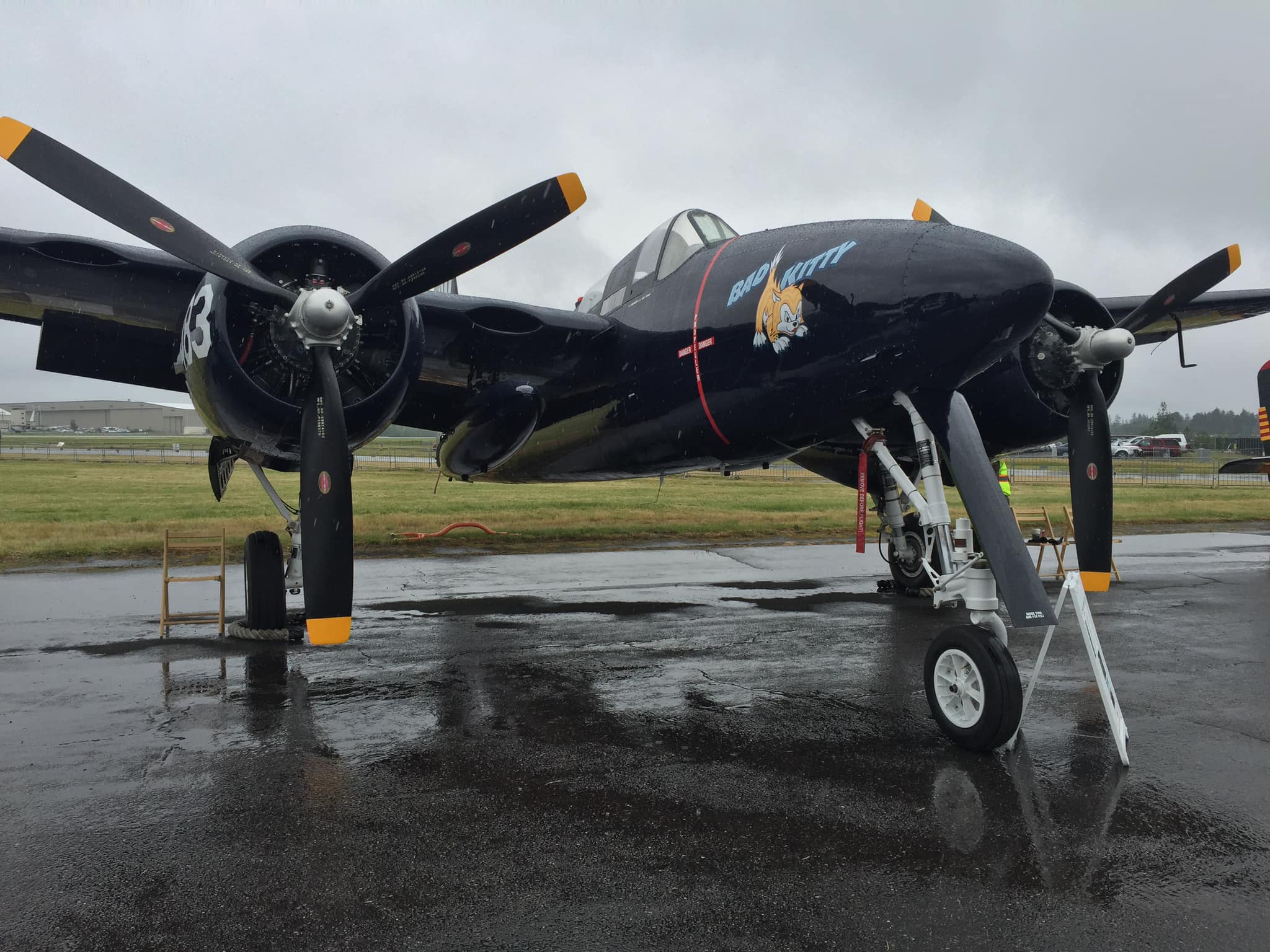

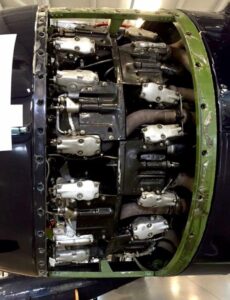
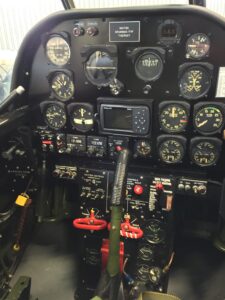
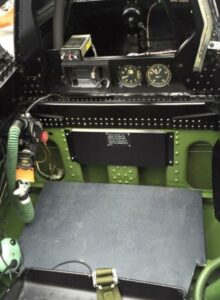
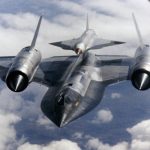
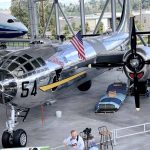
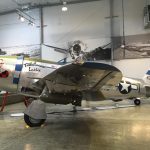


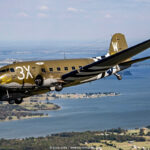
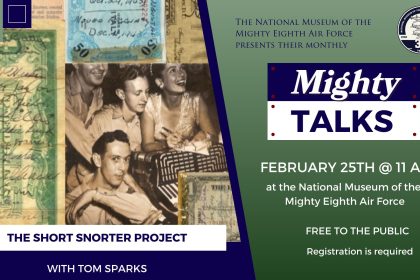
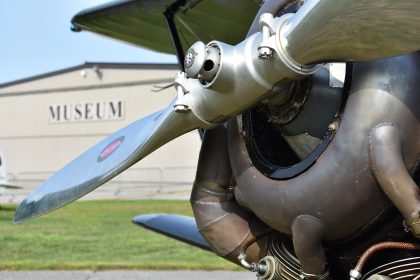
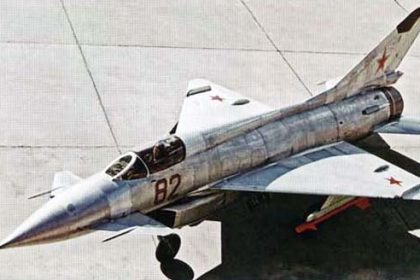
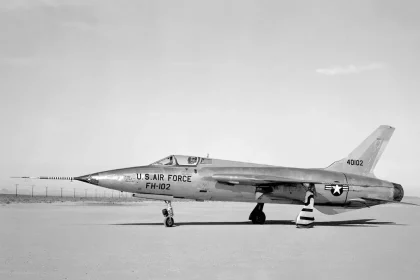
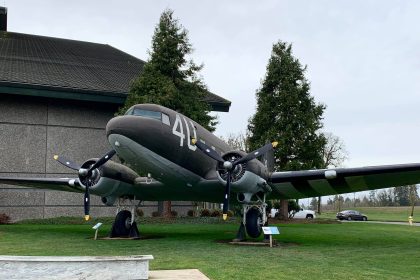

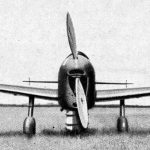
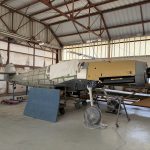
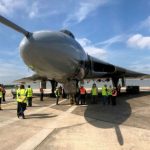
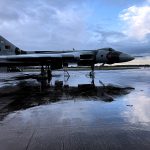
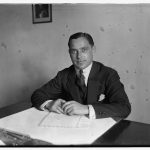
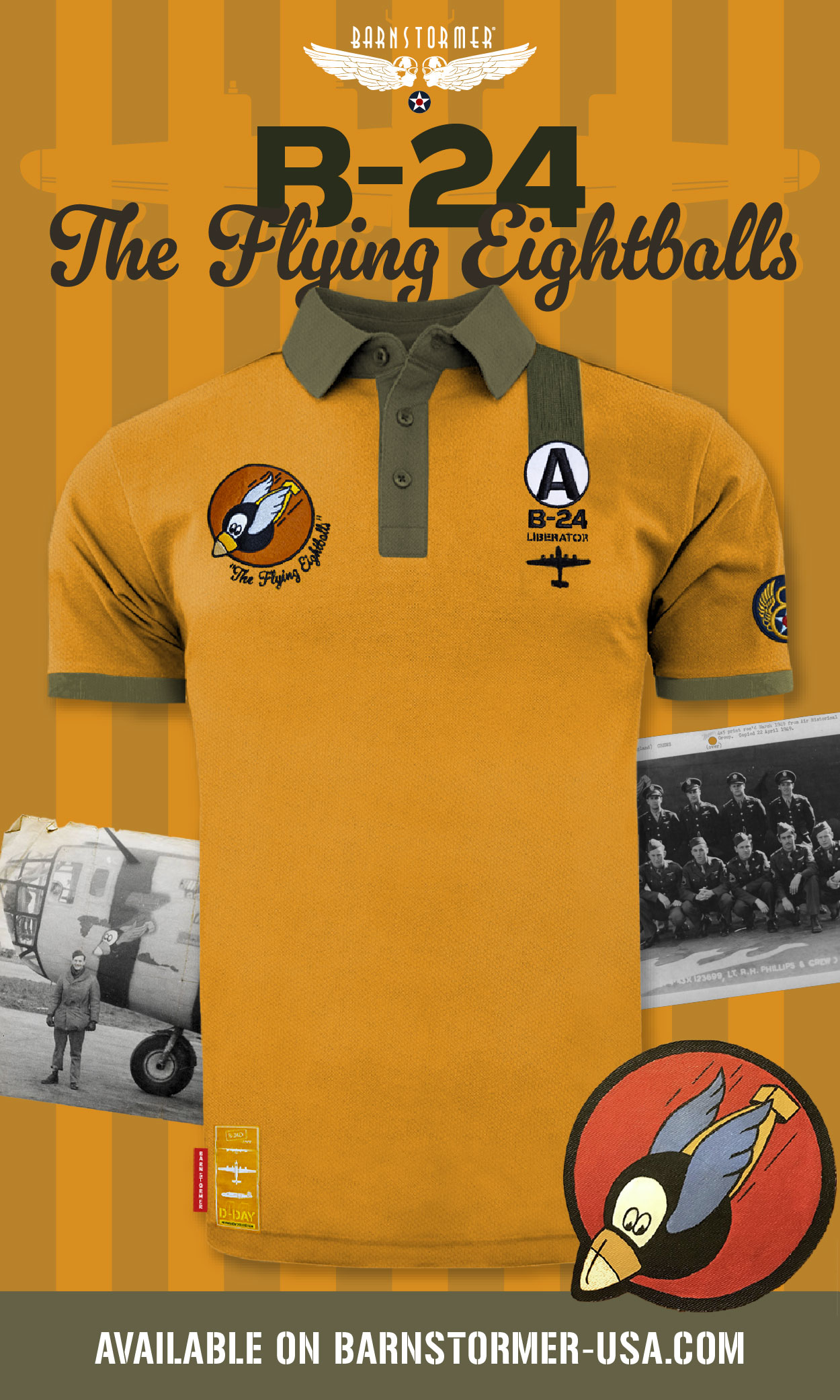

But it falls short of the DH Hornet, doesn’t it?